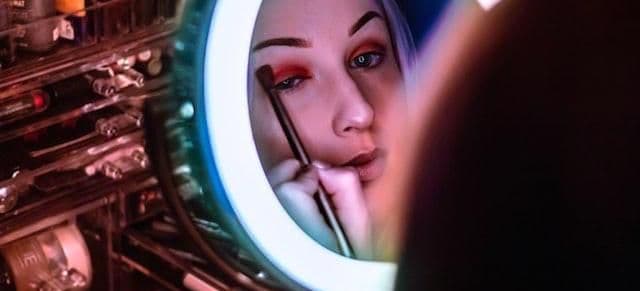Anti-Aging Face Creams During Pregnancy
Lifestyle and Beauty
Obie Editorial Team

What makes anti-aging creams dangerous during pregnancy?
Anti-aging creams are included on the list of beauty treatments that are considered unsafe to use during pregnancy. This is because most anti-aging creams include high doses of vitamin A. Clinical studies have linked high doses of vitamin A with birth defects. While absorption through the skin may decrease the amount of vitamin A entering the bloodstream, there is still a huge risk for vitamin A toxicity.
According to the Boston University School of Medicine, women who reported an intake of 10,000 IUs of vitamin A or more while pregnant were at an increased risk of fetal neural tube defects. Specific defects noted in the study included defects of the head, nervous system, thymus, face, and heart. The development of a cleft palate in utero may also be associated with high intakes of vitamin A.
Know your ingredients
Anti-aging creams include creams created to reduce fine lines and wrinkles. Common names for vitamin A include: Oleovitamin A, 3-Dehydroretinol, Retinol, Retinoids, Retinol Acetate, Retinol Palmitate, Retinyl Palmitate, Retinyl Acetate, and Vitamin A Palmitate. When choosing any facial lotion, body cream, or skin treatment, it is important to read the ingredient label and note any sources of vitamin A. Some products will list vitamin A by more than one name, which means the anti-aging cream includes multiple sources of the vitamin.
Remember
Pregnant women may not believe anti-aging creams supply enough vitamin A to affect fetal development, but many creams will not include the total IUs of vitamin A used in a given formula. This leaves the pregnant woman with no knowledge of how much vitamin A is being supplied with each use of the anti-aging cream. Certain sunscreens and bug sprays may also include sources of vitamin A. It is important to refrain from using anti-aging creams and any skin treatment that includes a source of vitamin A during pregnancy.
Read More












